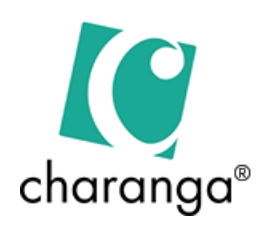The teaching of music is a creative and social art to be enjoyed. In our school we make music an enjoyable learning experience. Our children are given opportunities to enjoy musical experiences through listening, singing, movement, dance and playing a range of tuned and un-tuned instruments. We also teach children to listen, appreciate and describe emotions and feelings related to different forms of music.
Through the use of a high quality scheme, we teach disciplined skills such as, recognising pitch, metres and note patterns within music. This scheme complements the National Curriculum and scaffolds learning experiences across all key stages. It creates a topic-based, cross-curricular approach to support children’s learning in music and across other subjects through music.
Intent
The National curriculum for music and our school’s progression of skills ensure that all children:
- Use their voices expressively and creatively by singing songs and speaking chants and rhymes
- Play tuned and untuned instruments musically
- Play and perform in solo and ensemble contexts, using their voices and playing musical instruments
- Improvise and compose music for a range of purposes
- Listen with attention to detail to different forms of music
- Use and understand musical notations
- Appreciate and understand a wide range of music from different traditions, great composers and musicians
- Develop an understanding of the history of music
Implementation
We are dedicated to creating an enjoyable and engaging experience of music for all children. We aim to inspire children to develop creativity, imagination, self-expression, a life-long love and appreciation of music.
All of our children are actively involved in every lesson and experience music in a multitude of ways. Performance, composition and listening skills are key elements in our music curriculum and are explored in different ways. We encourage children to listen, appreciate and describe emotions and feelings related to different forms of music.
Through the use of Charanga, we provide a practical, exploratory and child-led approach to music lessons, which fully covers the objectives from the National Curriculum and guidance from Ofsted and the government.
Impact
Whilst in school, children have many opportunities to engage in a love for music. Music allows children to access fundamental skills such as: achievement, self-confidence, interaction and awareness of others, and self-reflection. Music can also develop an understanding of different cultures and history. Children are able to enjoy music, in many ways – either as listener, creator or performer. They can discuss music and understand its different parts. They can sing, feel a beat, add rhythms and create melodies in a group and they can further develop these skills in the future and continue to enjoy and embrace music in their lives.
Here are some websites and services that further support the teaching of music, click on the image to find out more:







